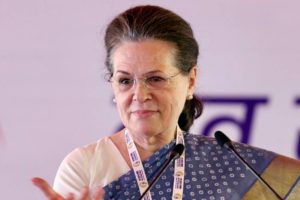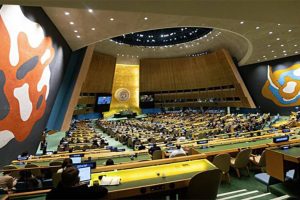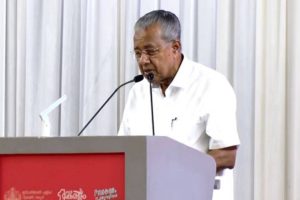The Supreme Court of India is scheduled to hear a series of petitions on April 16 challenging the constitutional validity of the Waqf (Amendment) Act, 2025. A bench comprising Chief Justice Sanjiv Khanna and Justices Sanjay Kumar and KV Viswanathan will preside over the matter, listed as item no. 13 on the court’s caselist.
Multiple political leaders, organizations, and civil society groups have petitioned the apex court, arguing that the Act is discriminatory towards the Muslim community and infringes upon their fundamental rights. Petitioners include AIMIM MP Asaduddin Owaisi, Congress MPs Mohammad Jawed and Imran Pratapgarhi, AAP MLA Amanatullah Khan, Azad Samaj Party leader Chandra Shekhar Azad, Samajwadi Party MP Zia Ur Rehman Barq, and several prominent Islamic bodies such as the All India Muslim Personal Law Board (AIMPLB), Jamiat Ulema-i-Hind, and Samastha Kerala Jamiatul Ulema.
The Act received Presidential assent on April 5, following heated debates and its passage through both Houses of Parliament. Critics say the amendments enable undue government interference in the management of Waqf properties, impose restrictive administrative measures, and threaten the cultural and religious autonomy of the Muslim community.
The Central Government has filed a caveat in the Supreme Court to ensure that it is heard before any adverse order is passed in the matter.
Notable objections raised by petitioners include concerns over:
- Arbitrary timelines for uploading Waqf property details on government portals.
- Executive overreach in Waqf Board functioning.
- Alleged violation of the right of minority communities to manage their own religious and charitable institutions under Article 26 of the Constitution.
RJD MPs Manoj Jha and Faiyaz Ahmad, along with DMK MP A Raja — who served on the Joint Parliamentary Committee on the Waqf Bill — have also approached the court. They argue the law disproportionately targets Muslim religious endowments while excluding similar scrutiny for other communities.
The NGO Association for Protection of Civil Rights stated that the Act dilutes the essence of Waqf, a practice deeply rooted in Islamic tradition, and marks a dangerous precedent of state interference in religious affairs.
The Supreme Court’s hearing is expected to be a landmark moment in the ongoing debate over minority rights, religious freedom, and state regulation in India.





